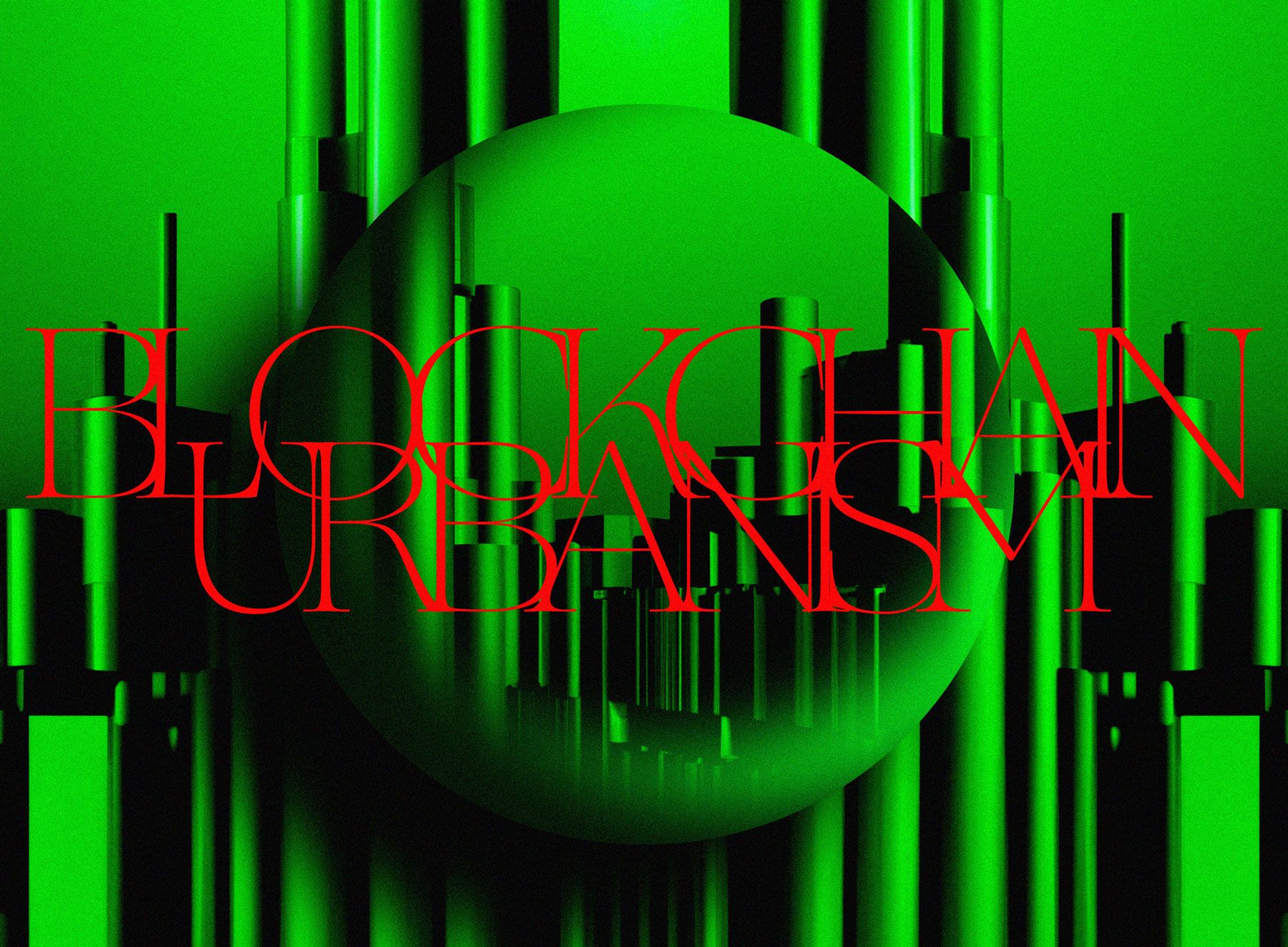Sublime
An inspiration engine for ideas
Faced with climate change and other interconnected existential crises in the twenty-first century, it is quickly becoming a cliché to say that there is a strong need to “imagine better futures.” But such a statement hides many questions and challenges. Who gets to imagine these futures? Who feels safe and supported enough, economically, politically... See more
Rahel Aima • Imagination Infrastructuring for Real and Virtual Worlds
During this formative time, she developed the roots of what one historian has called her “ecosocial” interpretation of the built environment, which considered architecture and the built environment to be an extension and manifestation of human ecology.5 This preference for the social led her to elevate Buckminster Fuller’s ecological utopianism ove... See more
Aggregate – Black Spaces Matter
As ambassadors of aloha, Hawaiian women have been susceptible to the eroticization of their bodies and the insistent commodification of their aloha.
Adria L. Imada • Aloha America: Hula Circuits through the U.S. Empire
“June Jordan was an architect,” or so declares the black feminist writer and blogger Alexis Pauline Gumbs.[1] This declaration involves some political risk on Gumbs’ part, as Jordan is more popularly known as a writer, playwright, and poet. Several rhetorical questions immediately come to mind when one considers the veracity of her claim. Questions... See more
cldavisii • Representing the “Architextural” Musings of June Jordan
In the fall of 1970, the Black feminist poet, teacher, and activist June Jordan traveled to Italy as a Rome Prize recipient in the category of Environmental Design ( We’re On 153).1 She was awarded the prize for work that grew out of her collaboration with the architect R. Buckminster Fuller. Jordan’s connection with Fuller began in 1964, when Jord... See more
“Harlem Will Widen from River to River”: Environmental Justice and ...
While we know that our imaginations shape our sociocultural experience through the creation of worlds, modernity thrives by throwing tight constraints around it, degenerating our ability and capacity to imagine radically new futures into being. This ontological war against possibility is ‘defuturing’ — there are less futures available to us; or put... See more
Will Bull • Building the Infrastructure of Possibility

social engagement to sustain democracy, people’s shared exercise of power. All of these essentials of social life are jeopardized by contemporary cultural trends which damage communication and prioritize self-interest.
Jen Harvie • Fair Play: Art, Performance and Neoliberalism (Performance Interventions)
